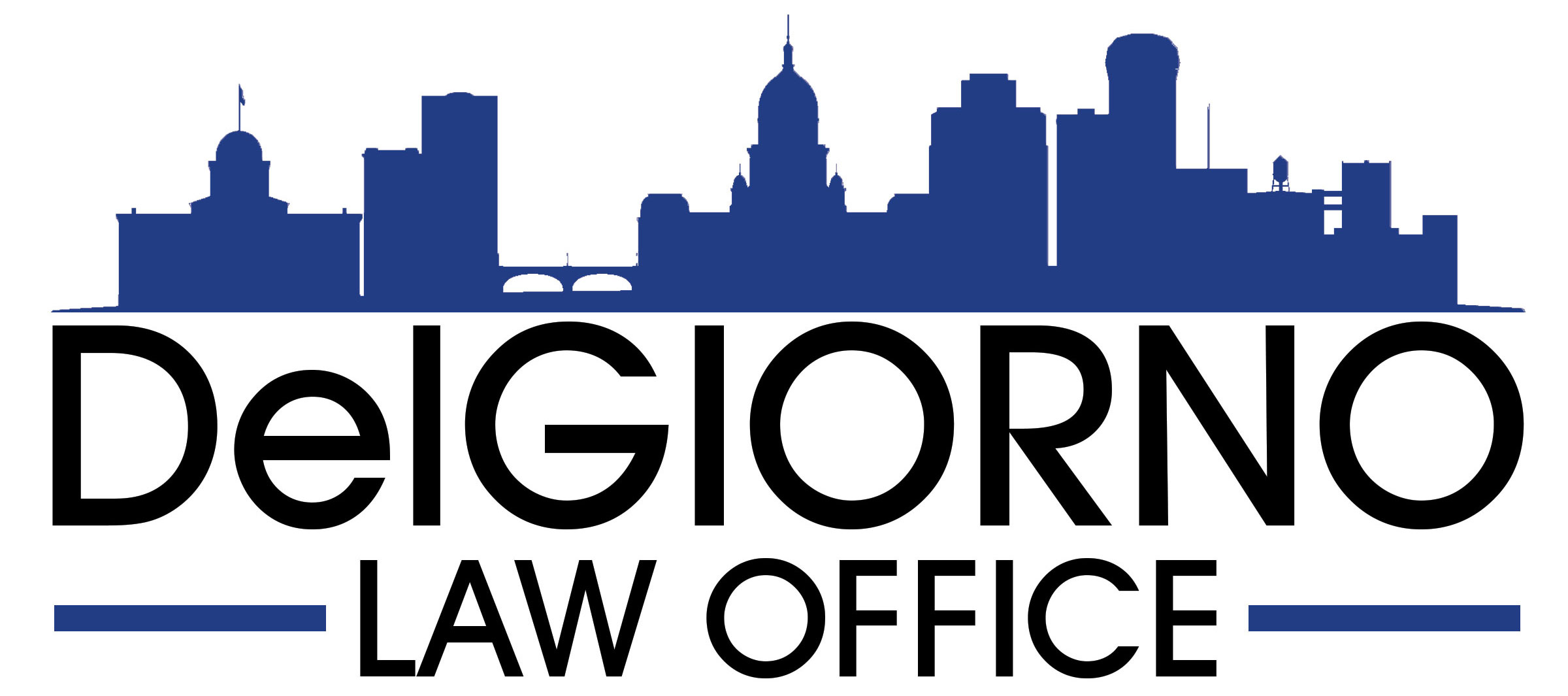The federal coronavirus relief bill has sent direct emergency payments to some 150 million Americans in the wake of the pandemic. Among the recipients are possibly millions of deceased individuals, raising questions about what their survivors should do with the money. After weeks of silence, the IRS has finally confirmed that the money should be returned and explained how to do it.
The Coronavirus Aid, Relief, and Economic Security (CARES) Act, signed into law March 27, 2020, included one-time payments of up to $1,200 to millions of eligible individuals, based on their income. To determine who was eligible, the IRS looked at 2018 and 2019 tax returns, without first cross-checking with the Social Security Administration’s master file of U.S. deaths, which apparently would have taken weeks.
As a result, some individuals who passed away after filing 2018 or 2019 taxes have been receiving relief payments, causing confusion for their families. According to the Centers for Disease Control and Prevention, 2.8 million people died in 2018, which means the IRS potentially could have sent out millions of checks to deceased individuals. Although Treasury Secretary Steven Mnuchin said in an interview that the money had to be returned, the IRS was slow to explain how exactly to go about doing that.
The IRS has now issued guidance, clarifying that the money must be returned. According to the agency, the full amount of the payment sent to a deceased individual should be returned unless there is a surviving spouse. In that case, only the deceased spouse’s portion should be returned. Checks should be voided and returned by mail to the IRS. If a family member cashed a check or the money was received via direct deposit, the recipient of the funds should send the funds back via a personal check or money order.
Whether you have to return the money is another question. “There’s no legal interpretation,” Nina Olson, a former IRS official and current executive director of the Center for Taxpayer Rights, told The Wealth Advisor. “I don’t know how they’re basing their decision” to request the money be returned. Olson said it is “unlikely” the IRS would sue taxpayers for the erroneously awarded stimulus money.
Illinois residents who received stimulus funds for a deceased person should void the check and return it or send a check or money order for the funds if received via direct deposit (or the check was cashed) to: Philadelphia Internal Revenue Service; 2970 Market St.; Philadelphia, PA 19104.
Nursing home residents, on the other hand, are allowed to keep their stimulus payments. Nursing home facilities are not permitted to take the payment to apply towards a resident’s costs at the facility. If the nursing home facility receives the resident’s Social Security, the facility would have received the stimulus payment and should place those funds in the resident’s trust account.
For those nursing home residents on Medicaid, the State of Illinois Department of Human Services issues guidance that the payment would not be counted as income in the monthly nursing home calculation (Medicaid recipients in long term care are typically required to turn over all of their income to the nursing home as a monthly contribution – or co-payment, if you will.) Further, this $1200 payment will not count towards the resident’s $2,000 Medicaid asset limit for one year. This gives the resident a full year to spend the funds. So, if your relative in the nursing home needs clothing, toiletries, or any other items that have been paid by family members or simply not provided because the resident is low on funds, you have up to a year from the date of receipt to use up this money for these purposes.
*Tony DelGiorno is an elder law attorney serving on the Illinois State Bar Association’s Elder Law Council. He provides services concerning Medicaid, nursing home care, guardianships, probate, estate and asset protection planning. Visit the website above or call 217-522-6000 for further information. Rammelkamp Bradney, P.C. has offices in Springfield and Jacksonville.

Recent Comments